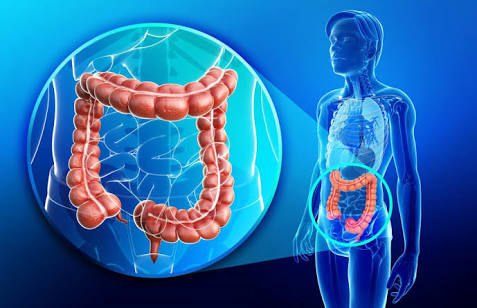John Doe
General SurgeonPretium saepe pariatur ornare cillum repudiandae inceptos iaculis cumque vulputate sequi neque quos exercitation aliquip interdum, veniam? Aute error, elit!

Pretium saepe pariatur ornare cillum repudiandae inceptos iaculis cumque vulputate sequi neque quos exercitation aliquip interdum, veniam? Aute error, elit!
A coloproctologist, also known as a colorectal surgeon, is a medical specialist dedicated to diagnosing, treating, and managing conditions related to the colon, rectum, and anus. This field of medicine, known as coloproctology or colorectal surgery, encompasses a wide range of diseases, from benign disorders to life-threatening conditions like colorectal cancer. These highly trained professionals play a vital role in promoting digestive health and improving the quality of life for patients with colorectal issues.

They address a diverse array of conditions, including:
Accurate diagnosis is crucial in coloproctology. Common diagnostic methods include:
Colonoscopy:
A procedure using a flexible camera to examine the entire colon and rectum, allowing for polyp removal or biopsy.
Sigmoidoscopy:
Similar to a colonoscopy but focuses on the lower part of the colon.
Imaging Studies:
Techniques like CT scans, MRIs, and barium enemas provide detailed views of the digestive tract.
Endoanal Ultrasound:
A specialized ultrasound to assess anorectal structures is often used for fistulas or tumors.
Stool Tests:
Non-invasive tests to detect blood, infections, or markers of inflammation.
Treatment plans are tailored to the specific condition and patient needs. Options include:
Preventive care is a cornerstone of coloproctology, especially for colorectal cancer. Key measures include:
Technological and procedural advancements have significantly improved patient outcomes. Innovations include:
Prompt consultation is essential for symptoms such as:
They are uniquely equipped to address the complexities of colorectal health. Their expertise ensures that patients receive accurate diagnoses, effective treatments, and compassionate care. Focusing on prevention, early detection, and advanced treatment modalities, plays a critical role in enhancing digestive health and saving lives.
The field of coloproctology is integral to modern medicine, addressing some of the most common and impactful health challenges. Whether managing routine conditions like hemorrhoids or life-threatening illnesses like colorectal cancer, coloproctologists provide specialized care that improves outcomes and quality of life. Regular screenings, advancements in technology, and patient education continue to advance the field, ensuring that individuals receive the best possible care for their colorectal health.
